Millions of children in the Democratic Republic of the Congo (DRC) are enduring one of the most complex and forgotten crises in the world.
Naturally beautiful and diverse, the DRC in Central Africa is home to over 100 million people, of which 54 per cent are under 18 years old. For centuries, the region now known as the DRC has long been scarred by violence, conflict and colonial rule, with children paying the heaviest price.
Despite its vast natural resources, the DRC remains one of the poorest countries in the world. After nearly a century of colonial exploitation and brutal rule, the DRC has endured civil wars, political instability, corruption, and a severe lack of infrastructure. Plus, natural disasters have been wreaking havoc on families, exacerbating an already precarious situation.
Alongside our partners, UNICEF continues to support children and their families in the DRC and neighbouring countries, providing lifesaving services and supplies.
Located in Central Africa, the DRC borders nine countries
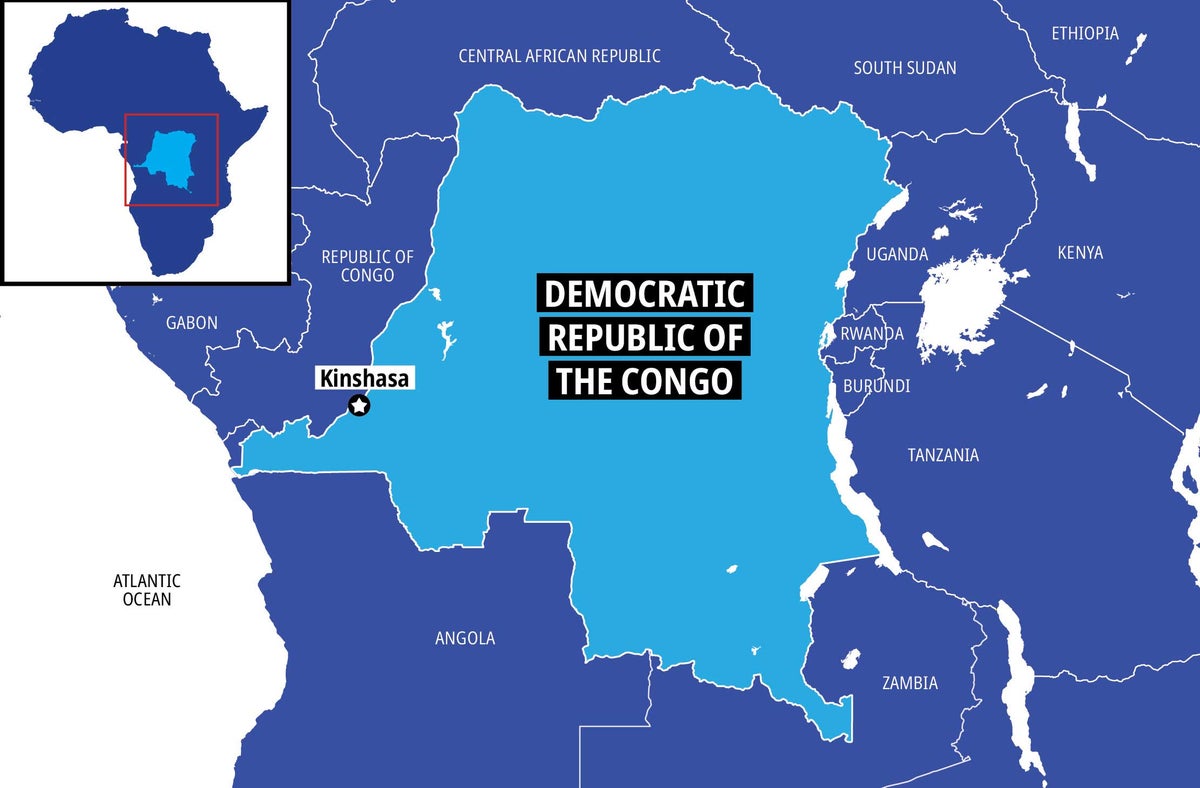
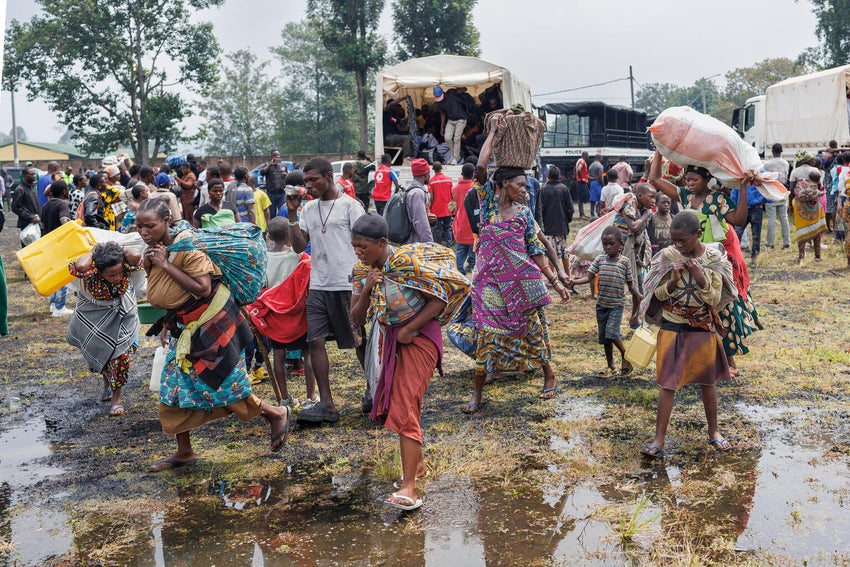
Latest statements from UNICEF
Grave violations against children in eastern DRC tripled in last month
UNICEF is deeply concerned by the significant increase in reports of grave violations against children in parts of the eastern Democratic Republic of the Congo (DRC). The number of incidents has tripled since the latest escalation of violence which began on 24 January 2025.
During this period, data reveals that cases of sexual violence have risen by more than two and a half times, abductions have increased sixfold, killing and maiming is up sevenfold, and attacks on schools and hospitals have multiplied by 12.
DRC’s many challenges
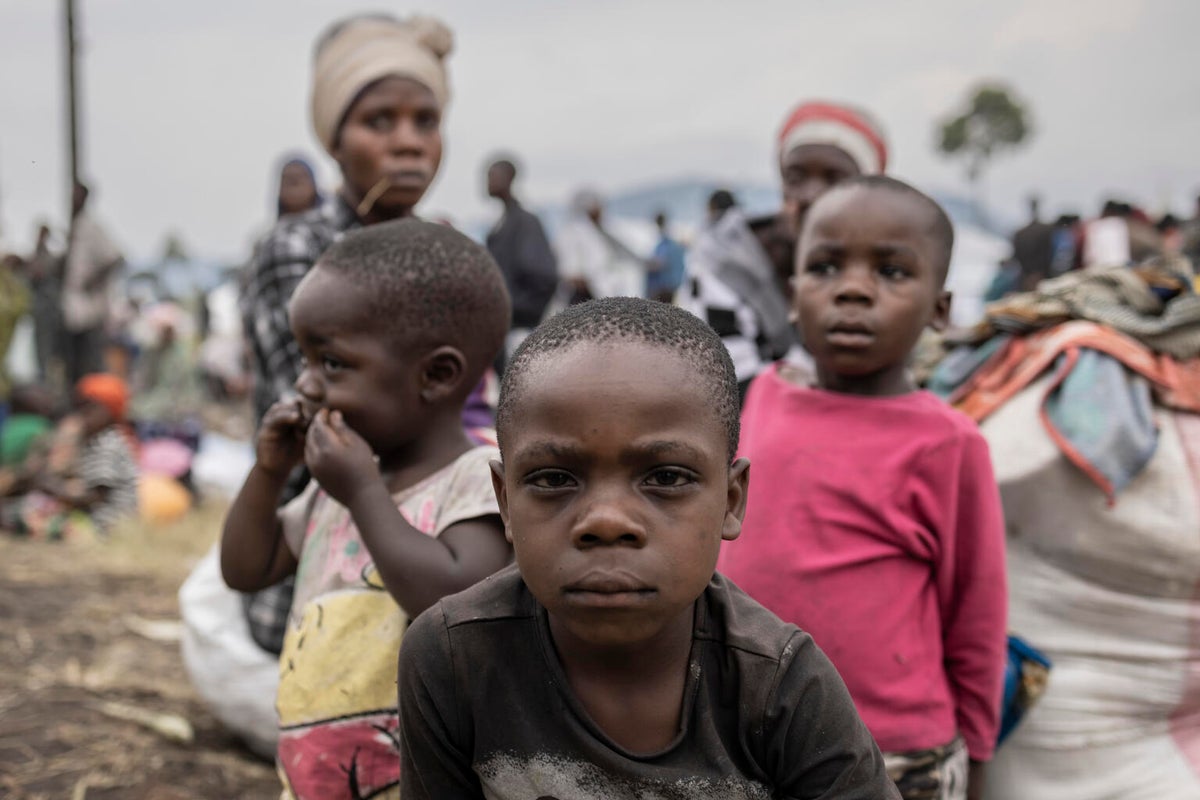
Tragically, millions of children in the DRC have never known peace. Ongoing violence and civil wars have displaced over 7 million people, forcing many into precarious living situations. Families are being devastated by separation, abductions, child recruitment, killings, maiming, and sexual violence. Due to this and extreme poverty and displacement, more than 7 million children do not attend school, sparking an education crisis.
If all of this weren’t enough, natural disasters such as extreme flash flooding and landslides have a devastating impact on families and their living conditions. Combined with a lack of access to clean water, nutritious food, and essential healthcare, children are being heavily impacted by recurring epidemics such as cholera and mpox, while 9 million children are suffering from malnutrition.
14.9 m
children are in need of humanitarian assistance.
7 m
over 7 million people have been displaced due to violent attacks and atrocities, mine expansions, and extreme poverty.
9 m
children suffer from chronic malnutrition or stunting, when a child does not receive enough food and nutrients.
33 m
people living in rural areas do not have access to safe drinking water.
How is UNICEF helping?
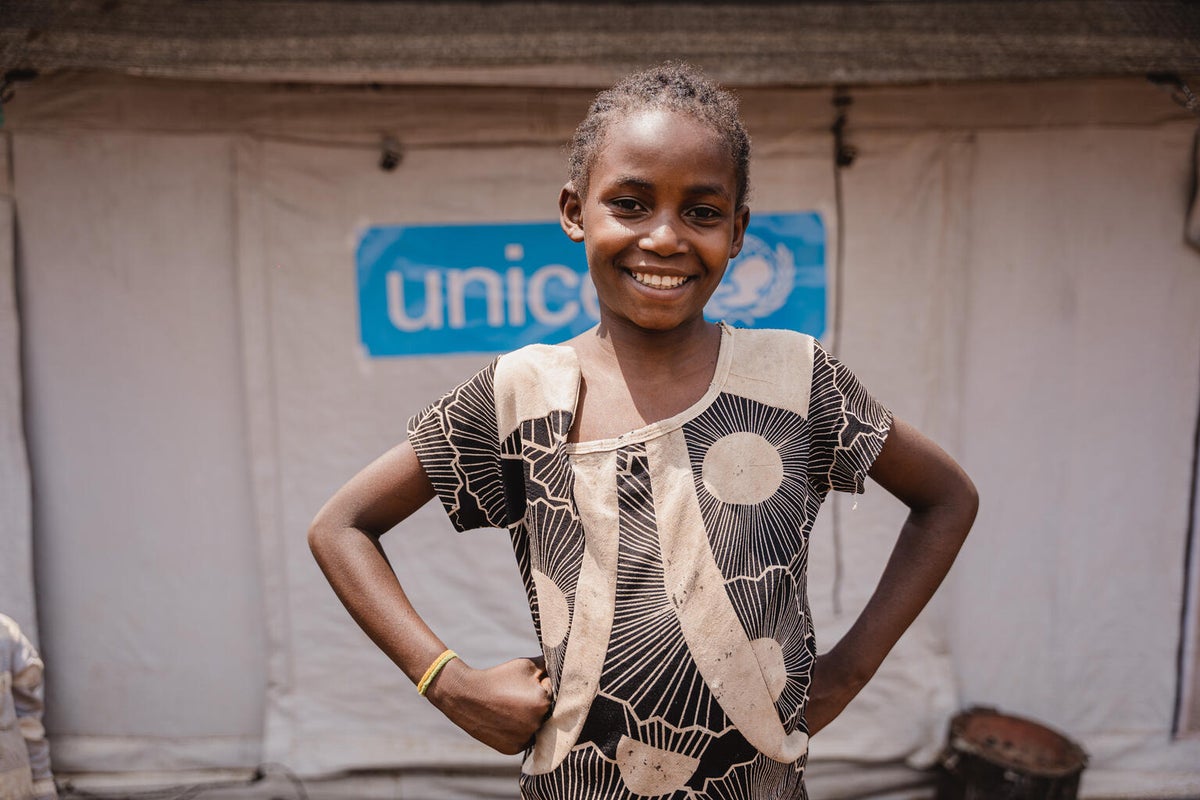
UNICEF has been in the DRC since 1963, working alongside our partners to provide millions of children and their families with access to education, safe drinking water, and lifesaving healthcare and nutrition, including vaccines against preventable, life-threatening diseases.
We create child-friendly places for those affected by conflict, including children released from armed groups, survivors of sexual violence, and unaccompanied children. Through our child protection services, psychosocial support, and family reunification efforts, we help these deeply traumatised children heal and rebuild their lives.
The need is immense in the DRC, and we need your help to deliver for every child.
96,800 +
children and women accessed primary health care in UNICEF-supported facilities in the first half of 2024.
478,800 +
women and children accessed gender-based violence risk mitigation, prevention and response interventions in the first half of 2024.
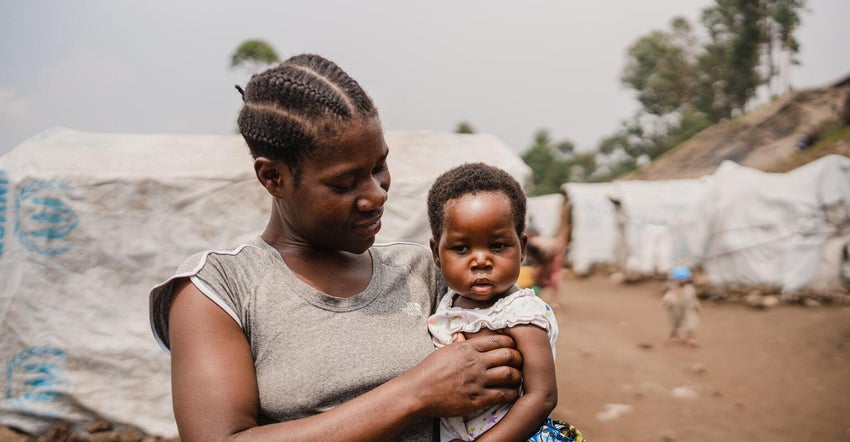
Donate to children in emergencies
Millions of children around the world face devastating losses and uncertain futures caused by natural disasters, public health crises and ongoing wars and conflicts. We can’t stop emergencies from happening, but we can ensure that more children survive.






